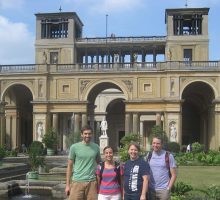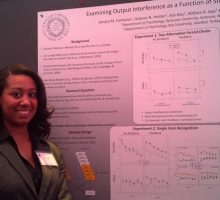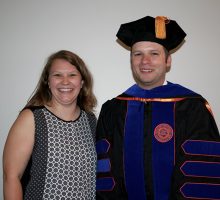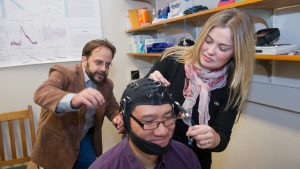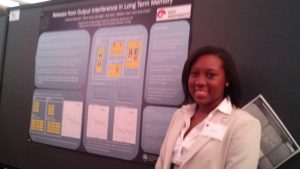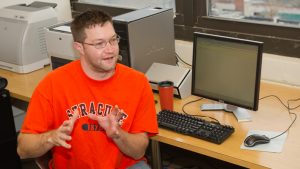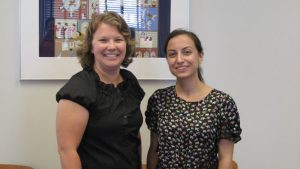Amy H. Criss
Dr. Criss is a cognitive scientist and expert in understanding human memory. To best facilitate the development of a comprehensive and accurate model of memory, her research tests existing theory of memory to identify core assumptions and critical data . Fully understanding memory requires the development of models that account for a range of tasks and a range of effects. In particular, Dr. Criss and her research associates build computer models to mimic the human memory system and understand the processes that underline human episodic memory. A multidisciplinary approach spanning experimental psychology, gerontology, computational science, and cognitive neuroscience lays the groundwork for a unified mechanistic account of memory. Empirical and theoretical accounts of memory have been advanced by adopting multiple techniques and employing sophisticated analysis of response time distributions to evaluate models of memory. This unique approach has the potential to revolutionize the field of memory. Her research has application in criminal justice and educational testing by understanding the properties of effective memory cues. The research also has potential in the treatment of memory disorders.
Memory Modeling Lab
Perhaps no other function of the cognitive system is as important as memory, nevertheless the basic processes underlying the human memory system are not yet fully understood. The lab consists of faculty collaborators spanning the globe, graduate students, undergraduate students, and postdoctoral fellows who collaboratively engage in ground breaking and meaningful research.
Members of the MeMo Lab conduct independent research projects combining behavioral experiments, computational modeling, and sometimes neurophysiological measures to understand episodic memory. We are housed in the Cognitive Program in the Department of Psychology at Syracuse University. We have a conference room for large and small group meetings, individual workspace, clusters for data collection space (14 booths), and a control rooms from which to monitor participants. The MeMo Lab is equipped with several personal computers, an eye tracker, and a EEG rig
The Memory Modeling Lab is always interested in hearing from potential new members. If you are interested in joining in the lab, please contact Dr. Criss.

